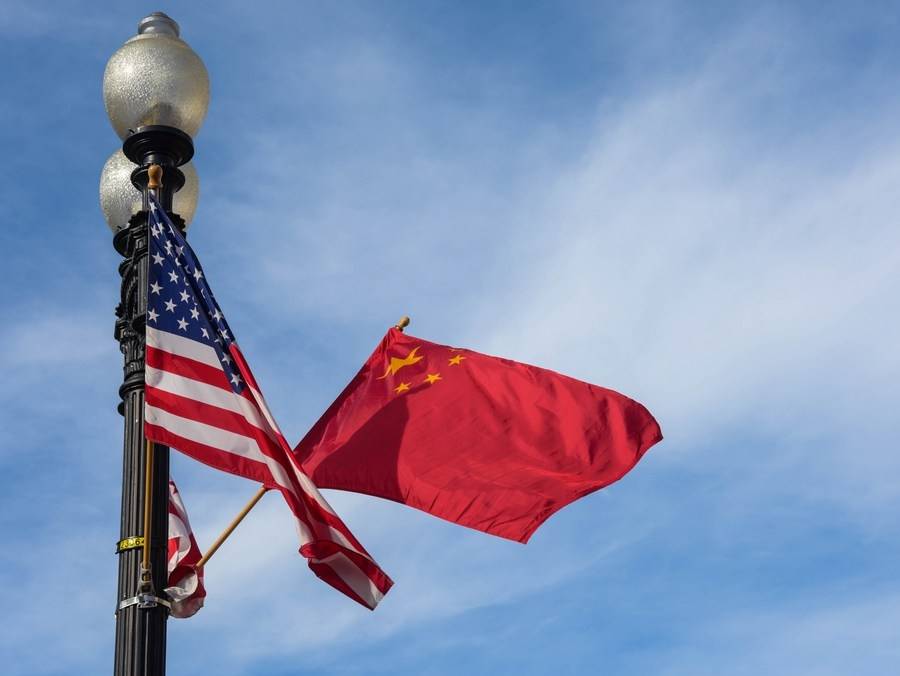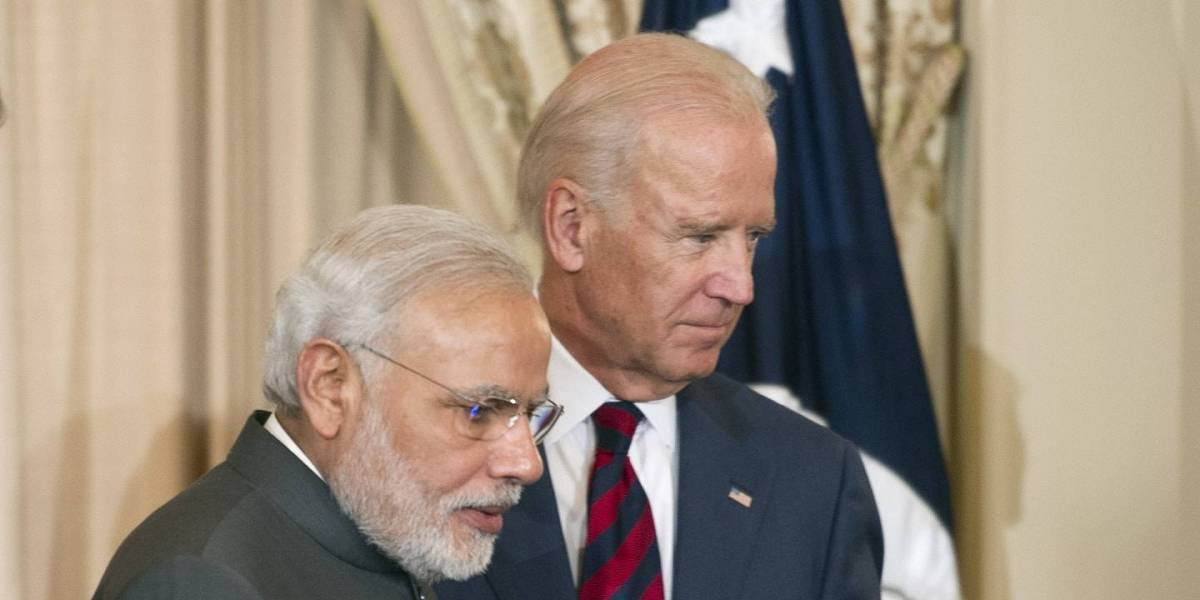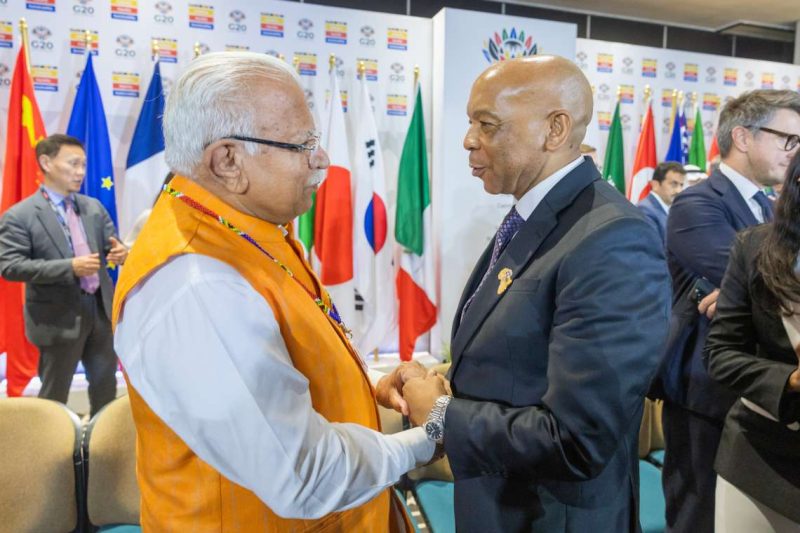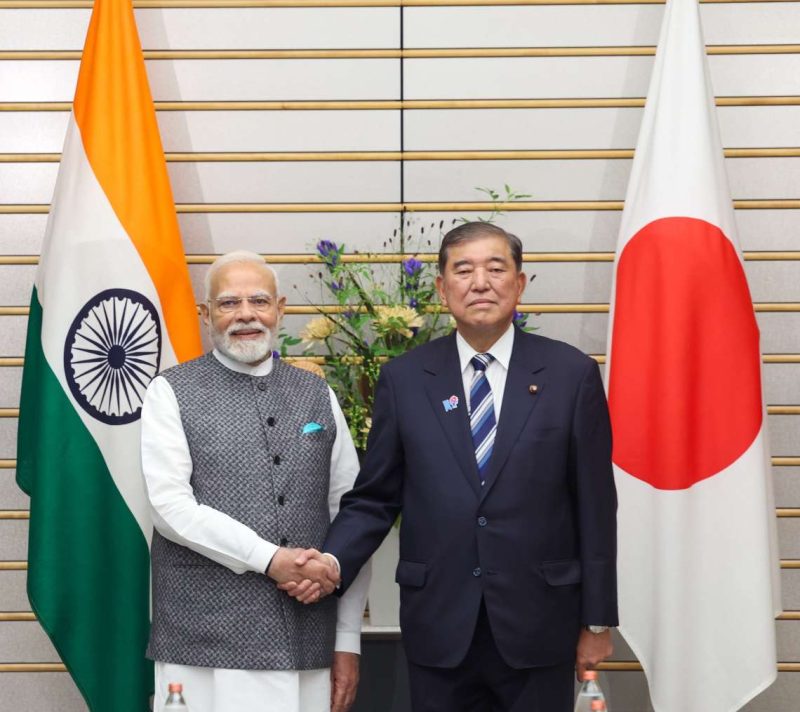The bill still needs to pass the House before going to President Joe Biden’s desk….reports Asian Lite News
US Senate has passed bipartisan legislation aimed at countering China’s growing influence by investing over USD 200 billion in American technology, science and research.
The final vote was 68-32. Independent Senator Bernie Sanders of Vermont was the only member of the Democratic caucus to vote against the bill. Nineteen Senate Republicans joined Democrats voting in favour of the bill, CNN reported.
The bill still needs to pass the House before going to President Joe Biden’s desk.
The sweeping legislation — called the US Innovation and Competition Act — aims to confront China’s influence on multiple fronts and “will supercharge American innovation and preserve our competitive edge for generations to come,” said Majority Leader Chuck Schumer who co-wrote the bill.
Schumer described the vote as a necessary step to keep America in the game against countries such as China, and a significant legislative accomplishment after months of behind-the-scenes talks.
The bill was delayed for a long time as Republicans significantly obstructed its passage amid frustration over getting additional amendment votes.
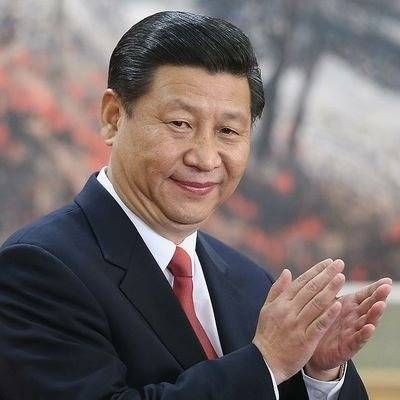
ALSO READ: Harris to target immigration in first foreign visit as VP
The bill builds off a Schumer last year proposal with Senator Todd Young to provide USD 120 billion for activities at the National Science Foundation, Department of Commerce, the Department of Energy and the National Aeronautics and Space Administration.
It would also create a new directorate of technology and innovation at the National Science Foundation.
In addition to the Young-Schumer bill at its core, the legislation will provide USD 52 billion for semiconductor provisions, folds in a separate China-specific bill that passed out of the Foreign Relations Committee in a 21-1 vote and includes provisions cracking down on the reliance on Chinese companies and technology.
The legislation also requires that the iron, steel, manufactured products and construction materials used in federally funded infrastructure projects are produced in the United States.
The bill would also codify the Made in America office that Biden created earlier this year by executive order.
The bill calls for investing $10 billion over five years to the Department of Commerce to create regional tech hub programs, a third of which would have to be located in rural areas. (ANI)


